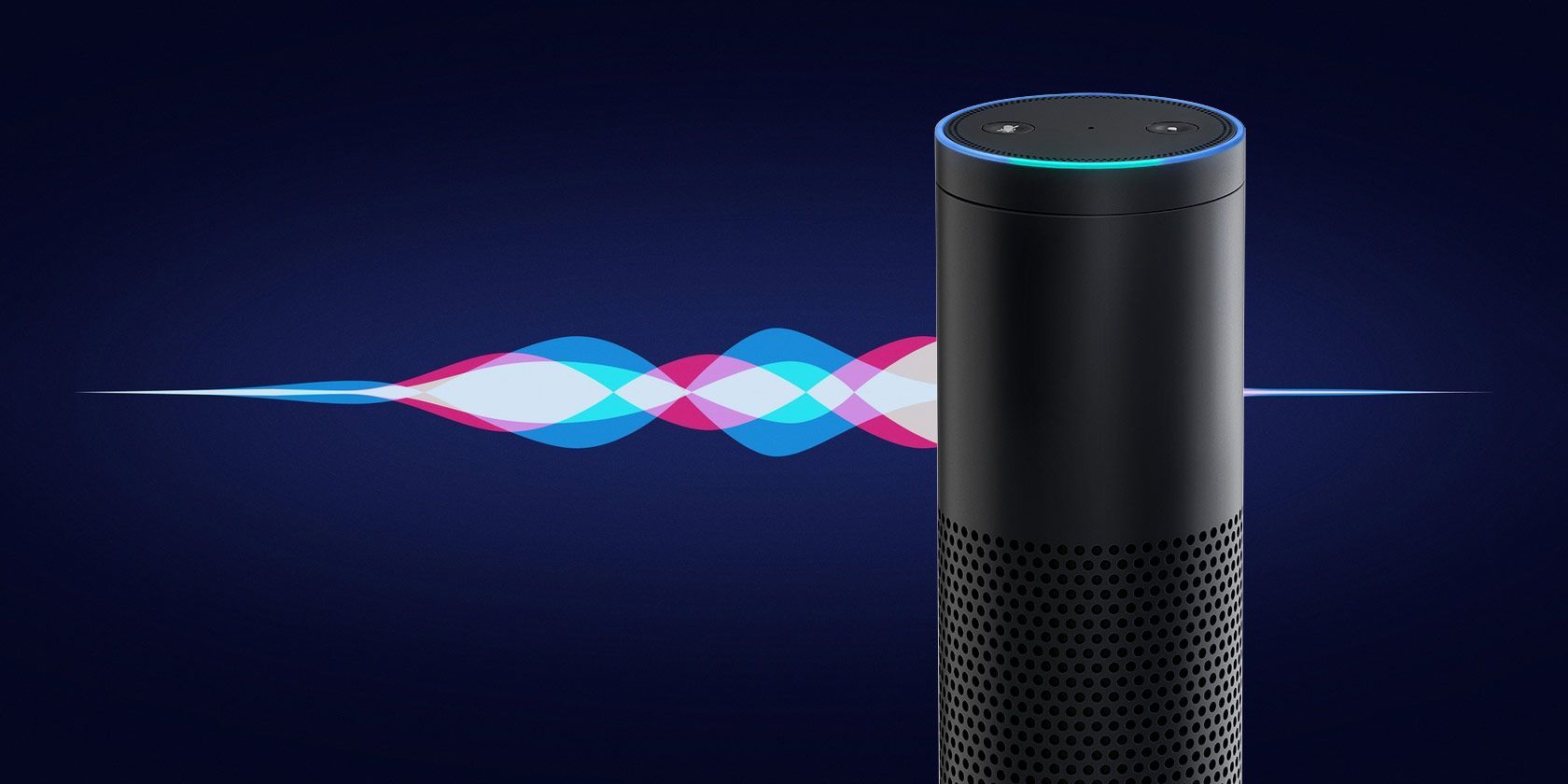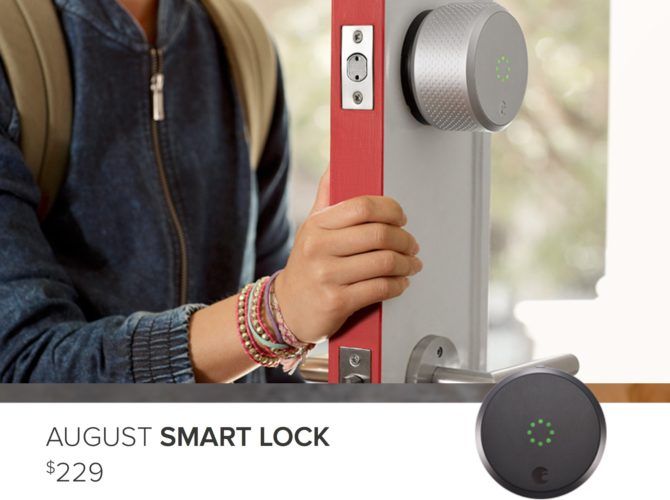Over the last few years, the tech world's biggest names have each introduced a personal assistant intended to help you run every aspect of your life. Apple's Siri is the oldest of the bunch (created in 2011), but doesn't have the superiority over the other virtual assistants (including Google Now in 2012, Microsoft Cortana in 2014, and Amazon Alexa in 2014) that you might expect.
Alexa, especially, has given Siri a run for her money over the past three years.
The internet is full of examples of the two assistants facing off in parody videos, ridiculous tasks, and rigorous experiments. Despite all this, there still is not an obvious answer about which is better! One article may be quick to call the competition in Siri's favor, while the next hurls insults at Siri while praising the efficiency of Alexa.
As with most things, the answer to the eternal question "Alexa or Siri?" is likely going to depend a lot on your personal needs and opinions. We've waded through the evidence and come up with a head-to-head comparison of the two assistants in the areas that matter the most.
Comprehension
While voice recognition technology is improving, most users are painfully aware that it still has a way to go.
Most users find that Siri is better than Alexa at recognizing context cues around the questions you ask. For example, you can generally ask a question or give a command in more than one way. As well, you can often ask a follow-up question without Siri forgetting what your first question was.
Technically, however, Alexa takes the lead. Amazon keeps a log of every command you give Alexa, and you can go in and flag the commands she misunderstands. This process improves her ability to understand you over time.
In addition, Alexa can be used at distances up to 11ft away from the Amazon device, and anyone in your household can access her functionality at any time. Conversely, Siri-enabled devices need to be very close to you in order to accurately hear your commands, and you are the only one who can control Siri on your device.
Music
If you exclusively use Apple Music, Siri is a great assistant for playing music whenever you want. You can ask Siri to play a specific song, playlist, station, or use any play controls (e.g. "next", "pause", "skip", etc). Siri is also able to tell you which song she is currently playing, as well as identify songs playing on other devices.
On the other hand, if you use literally any other music player to store or stream your music library, you're likely going to prefer Alexa. With Alexa, you can connect directly to several key music databases, including Spotify, Amazon Prime Music, Pandora, TuneIn, and iHeartRadio.
And that's not all -- using IFTTT you can essentially connect Alexa to any web-based music service imaginable. Much like Siri, you can use voice controls to select music and control playback, but you won't be able to identify songs being played on another device.
Around the Home
Smart Home connectivity is a major source of competition for these two assistants.
Siri (via Apple HomeKit) currently works with the following product systems: Ecobee, Philips, Anova, First Alert OneLink, Canary, Elgato, Lutero, Scalage, Flir, Logi, iDevices, Withings, iGrill, and Chamberlain.
That's not to say that your iOS device can't connect with Samsung or iHome products -- it can using the developer's app. But if you want to use Siri to connect with a device? It needs to be HomeKit compatible.
Alexa, on the other hand, is currently compatible with: Samsung, Philips, Wemo, Insteon, Wink, Lutron, Triby, Caseta, Lifx, Haiku, GE, TP-Link, Levitron, iHome, Nest, Ecobee, Sensi, Honeywell, and Lyric. Alexa can also talk to IFTTT, which can act as a bridge to other unsupported devices and DIY smart home systems.
Obviously some of Alexa's compatibilities (*cough* Nest *cough*) are a huge advantage over Siri. In general, because Amazon has made it much easier for third-party developers to create Alexa-compatible software, you will have a much wider selection of gadgets to choose from.
When it comes to your smart home, which assistant is better really depends on the products that you already own and plan to buy.
In the Car
One clear win for Apple? Siri's integration into mainstream vehicles through the CarPlay system.
Solving multiple problems in one, CarPlay's Siri integration allows drivers to stay connected while preventing dangerous distractions from texting or controlling a cell phone on the road. Instead, voice commands allow drivers to send texts and make calls while staying safe!
Unfortunately, Alexa can't go on the road with you. The closest it comes is through the third-party Automatic Connected Car Adapter, an Echo-compatible device that gives you information about your vehicle health, gas levels, driving history, and locations. Enable Alexa's "Automatic" skill, and you will be able to ask her questions like "What's my fuel level?" and "Where is my car?"
While Siri can't answer those questions for you, the rest of Automatic's functionality is also available on iOS/Android apps [Broken URL Removed] that integrate easily with IFTTT.
Security
Security is a huge consideration for smart home owners, and it shouldn't be taken lightly. Any device connected to the internet is a security risk, and recent cyber attacks have highlighted the importance of being careful with the products you choose to install.
Apple's HomeKit system is widely considered to be the most secure smart home system currently on the market because of its end-to-end encryption and strict requirements for any compatible devices. However, even if it's more secure than the other systems currently on the market, it's still not perfect.
One security choice that Amazon has made is to ensure that Alexa cannot be used to open smart locks or doors -- something that Siri can do if you enter your PIN-code or fingerprint.
The closest you can come to this functionality with Alexa is through the use of the August Smart Lock. This lock allows you to ask Alexa "Is my door locked?" and receive a response. Alexa may not let you change the state of your lock, but at least she can give you some peace of mind.
Where Alexa Shines
One of the biggest benefits to Alexa? She's just so fun! A whole world of "skills" that can be applied to Alexa in seconds give her functionality that Siri can only dream of.
This is where the fun part comes in. Use Alexa to order pizza, tell you dog facts, or to start coaching you through a seven-minute workout. Not enough for you? She can also play you soothing thunderstorm noises, give you the warning signs of a heart attack, and access news briefings from a variety of reputable sources.
The freedom for third-party developers to build their own Alexa skills (a total opposite from Apple's stance on the matter) is creating a world of opportunity for Amazon users. A full list of Alexa's skills can be found here.
Where Siri Shines
As great as Alexa is, she's trapped in a cylinder on your living room table. Siri? On your Apple Watch, iPad, iPhone or Macbook, she's with you wherever you go. Siri's portability allows her to become a constant in your lifestyle, offering you similar functionality at work, out with friends, and in any room of your home.
It's also important to mention that as long as you use apps within the Apple ecosystem (such as iCal and Apple Music) Siri generally allows for far more complex tasks than Alexa. For example, both Siri and Alexa can schedule appointments, but only Siri can then go back and edit said appointment by moving it to a different date. Siri is also the far more reliable choice for communicating with others through text, email, or social media.
Which Assistant Is Right for You?
Like I said at the beginning, it's impossible to find a "one-sized-fits-all" answer to this question.
You'll probably prefer Siri if... you're an Apple die-hard who relies heavily on native iOS apps for your daily activities. You're more interested in the "assistant" part of a virtual assistant than cool tricks, and you want to have voice recognition functionality with you throughout the day. Security matters a lot to you, and you already own products that are compatible with HomeKit.
You'll probably prefer Alexa if... you care more about cool new concepts than brand loyalty, and are always interested in pushing the limits of your smart home. You want a one-size-fits-all approach to setting up new tech, and multiple people in your household are interested in using voice controls.
Of course, this market doesn't stay the same for long, and rumors abound that Apple is hard at work creating a direct competitor for the Amazon Echo.
Siri or Alexa: which virtual assistant comes out ahead? Tell me about your experiences in the comments!


